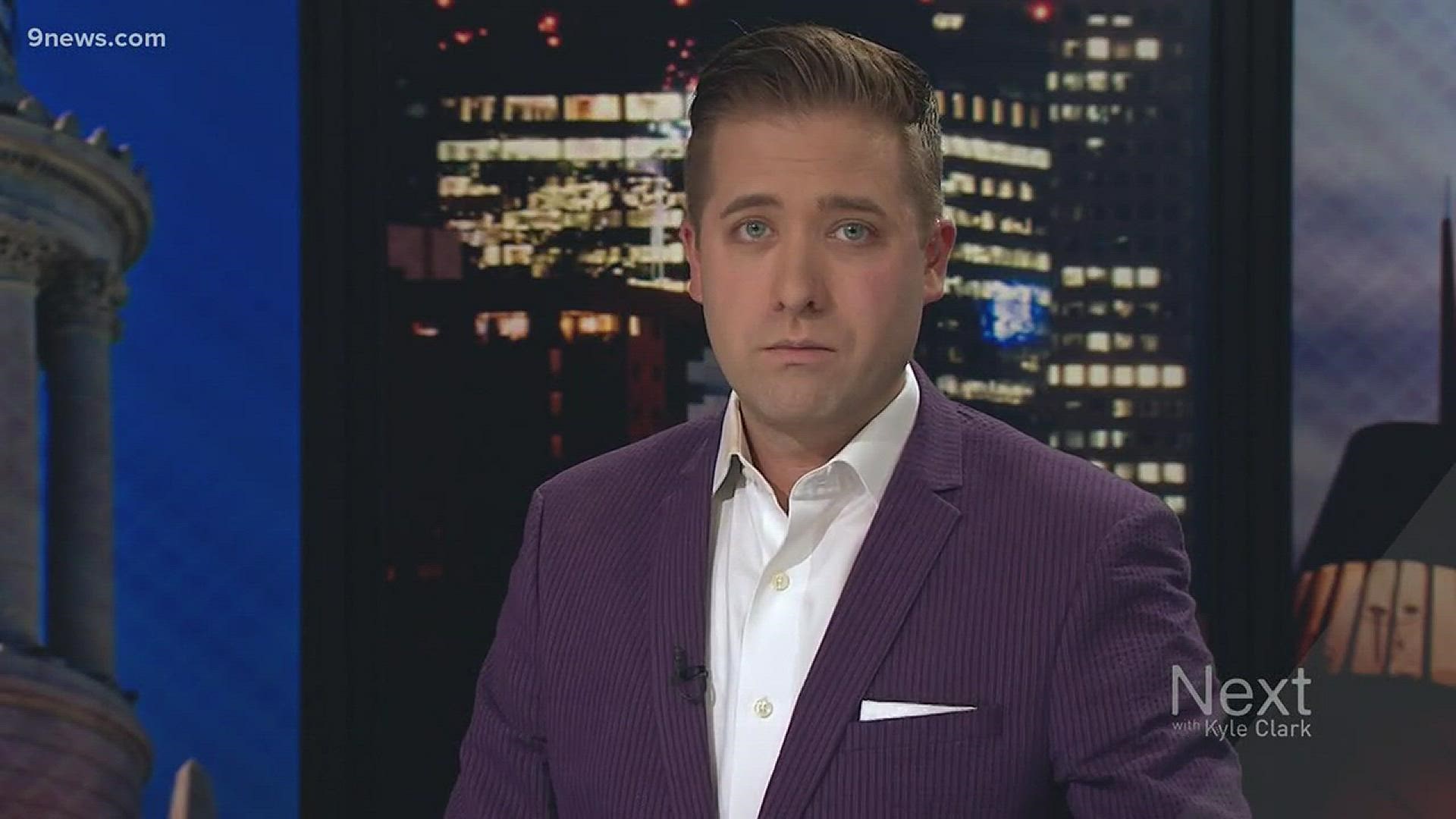DENVER — It only took $106 million to broker peace between Senate Republicans and Democrats in Colorado.
After a week of delays from Republicans asking for the Senate journal and bills to be read at length, and then a Monday session that saw lawmakers taking turns at the microphone to vent, both sides came together in an agreement that may benefit your commute.
While debating the budget, Sen. Owen Hill (R-Colorado Springs) agreed to not delay by having it read at length once he was assured the Democrats supported his amendment. Hill wanted $106 million added to the anticipated $230 million that the Colorado Department of Transportation is already expecting starting in July.
Where the $106 million would come from to balance the budget, however, was not clear.
It turns out the $106 million is only temporary.
“As is our custom on the budget, it will, hopefully after passing today, move to the House, where they will strip all amendments and start all over again with a clean budget," said Joint Budget Committee Chair Sen. Dominick Moreno (D-Commerce City).
“As customary, they will strip out all of those amendments and start with the same budget that we did," said Senate Minority Leader Chris Holbert (R-Parker).
So why would Hill agree not to stall the budget vote, if the money he wanted added to CDOT's budget may not actually be added?
"I take them at their word, to say that they're going to stand behind this agreement," said Hill. "If they want to dupe me on it, shame on them They gave me their word, so I'll trust them at their word."
Three Senators and three House members make up the Joint Budget Committee. The JBC works on the budget year-round and proposes a final budget in March. In odd years, it gets introduced in the Senate first, in even years, it gets introduced in the House first. Whichever chamber gets it first can add amendments and make changes to the JBC's recommendation. Traditionally, those changes are removed when the budget passes to the second chamber.
"Process-wise, this is really how we've always started in the second chamber, which is to start with the original long bill and build back up from there," said Rep. Chris Hansen (D-Denver).
Hansen is the chair of the House Appropriations Committee, which will strip the Senate amendments out of the bill before sending it to the full House.
"There's no strict rule that we have to follow this," said Hansen. "You always take into account what happened in the first chamber. We are communicating in a very constant basis between the House and the Senate."
The House can add the Senate amendments back in as their own. If the bill leaves the House differently than it left the Senate, members of the House and Senate will have to meet to come to an ultimate agreement that would then need to be approved by all lawmakers.
More from Next with Kyle Clark

